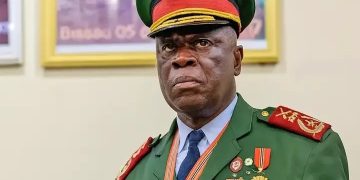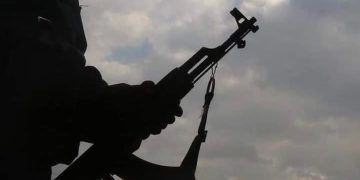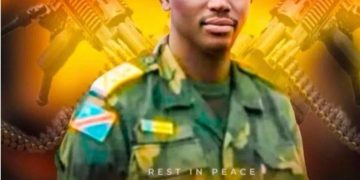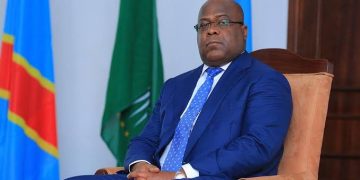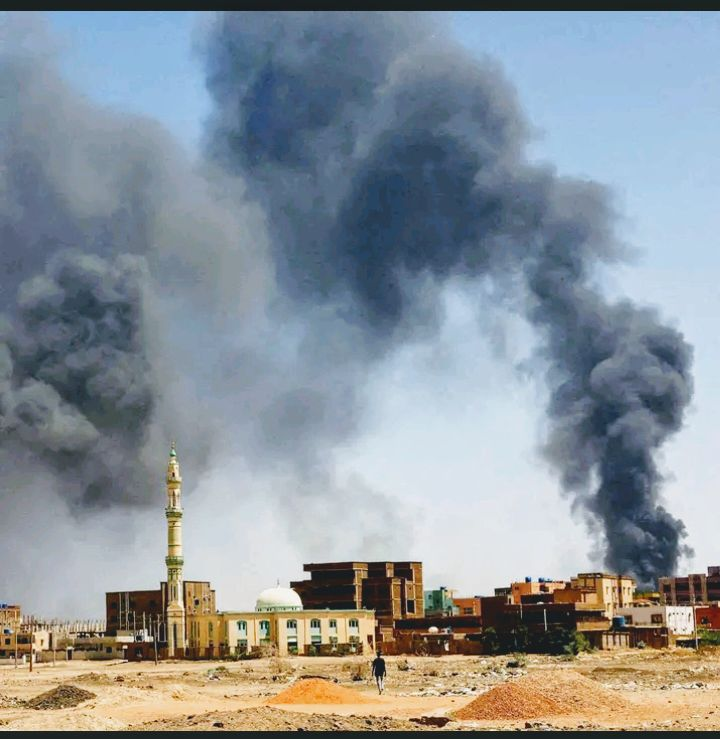
By Chris Muhizi for MCN.
The United Nations office for human rights said that a mass grave containing at least 87 persons, including ethnic Masalits, had been discovered in West Darfur, Sudan, and that it had reliable information pointing to the Rapid Support Forces (RSF) as the perpetrators.
Officials from RSF insisted that the paramilitary organization was not involved in the war in West Darfur and denied any involvement.
Bloodshed that is ethnically motivated has increased recently in tandem with fighting between rival military forces that started in April. Witnesses and rights organizations in El Geneina have described waves of attacks, including close-range shootings, by the RSF and Arab militias against the non-Arab Masalit people.
Between June 20 and 21, locals were compelled to bury the remains, including those of women and children, in a shallow grave in a public space close to the city, according to a UN statement. It claimed that several of the victims had passed away from untreated wounds.
Volker Türk, the UN high commissioner for human rights, said in the same statement, “I condemn in the strongest terms the killing of civilians and hors de combat individuals and I am further appalled by the callous and disrespectful way the dead, along with their families and communities, were treated. He demanded an immediate and in-depth examination.
Fighting broke out between the RSF, led by Abdel Fattah al-Burhan’s former subordinate Mohamed, and the Sudan’s regular army on April 15.
According to rights organizations, hundreds of thousands of people in Darfur have been forced to leave their homes. Many of them have crossed the border into neighboring Chad. The province of West Darfur has seen the looting and burning to the ground of entire towns and villages.
The ethnic massacres have sparked worries that atrocities committed in Darfur in 2003, when Janjaweed militias—from which the RSF was formed—aided the government in putting down a revolt by primarily non-Arab tribes in Darfur, which resulted in the deaths of some 300,000 people—will be repeated.
“This report is a good first step, but more efforts are needed to uncover more violations,” said Ibrahim, a refugee in Chad who requested anonymity out of concern for reprisals.
The discovery of the mass graves, according to Brig Gen Nabil Abdullah, a spokesperson for the Sudanese army, “rises to the level of war crimes, and these kinds of crimes should not pass without accountability,” he told Reuters.

